It is the place where has the most “luxury goods” in the world, which has hosted Real Madrid manager Jose Mourinho and stars who earn tens of millions of euros a year, Kaka and Cairo have come here.
Here is the wholesale leather goods market in Sanyuanli, Guangzhou.
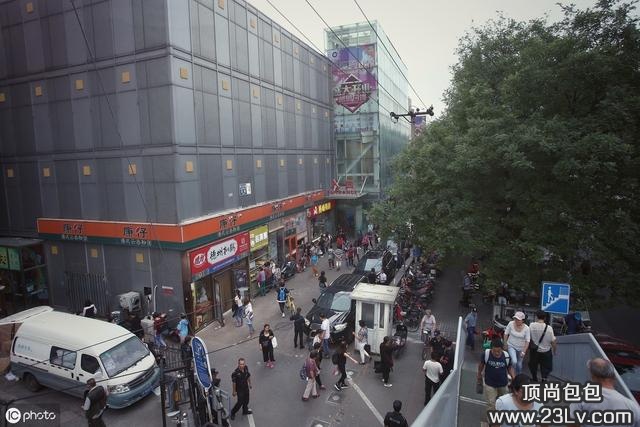
At 10 a.m., this market was packed solid with wholesalers who from all over the world and those from Arabia and South Africa, as well as small stallholder from the mall. The jargon of domestic leather, original leather, replica, 1:1, etc, accurately expresses their individual needs, and after the price is agreed, the only thing is to wait for picking up the goods before the end of the day.
5 p.m. is the most raucous time of the day at the whole wholesale market. People start to become impatient, and carts pulling goods rampage. The roller shutters were finally pulled down, and the battlefield was shifted to the square outside the market. The logistics companies, which are nowhere to be seen during the day, quickly take up positions at the entrance with the cargo boxes, which piled up like small mountains just stayed for only a brief hour.
These goods will be sent to Beijing Women’s Street, Shanghai Changle Road, Taobao stores in Wuhan, and even boutique houses on the streets of Karamay, Xinjiang, in two days. In less than a month, “luxury goods” of different brands, styles, and levels of workmanship will appear in buses, high-class offices, and other places, showing the identity and taste of their respective owners.
What is held firmly in their hand is not only a good or bad counterfeit (a generic term for a very small number of genuine products from informal channels and imitations of various qualities) leather bags, but also the people’s aspirations for a better life, their judgment of their own value, and the huge vanity economy driven by the entry of luxury brands into China.
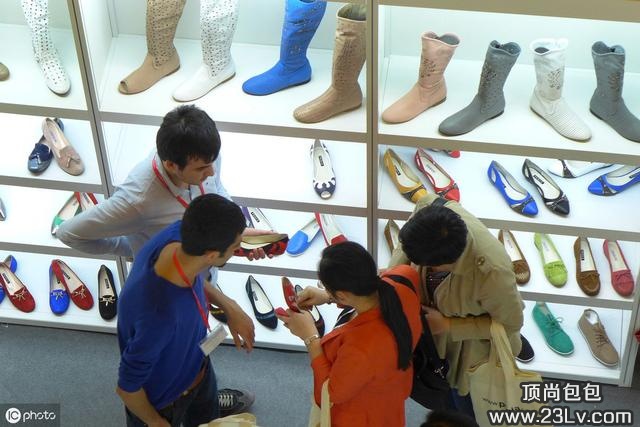
Claiming markets by making preemptive
The genuine and the imitation goods, like the subject and the shadow, one bright and one dark, one real and one fake, are lodged in each other.
In 1992, LOUIS VUITTON (the “LV”) officially entered China and opened its first shop in Beijing Wangfu Hotel. That year Fan was 4, Ning was 12, and Wang was 16; none of them knew that their future lives would change.
With the entry of the LV, luxury brands from all over the world began to enter China, and they have tried to build a huge and splendid dream for Chinese consumers, and the country has given them a dream-like reward for these 20 years. The report on luxury consumption released by the consultancy McKinsey in 2012 shows that China has become the world’s largest consumer of luxury goods (excluding private jets, yachts, etc.) with 180 billion yuan.
The growing influence of luxury goods has been accompanied by an even larger counterfeit industry showing up. The genuine and the imitation goods, like the subject and the shadow, one bright and one dark, one real and one fake, lodged in each other. Today, China is the world’s largest consumer of luxury goods, but also filled with the world’s largest manufacturing and consumption of counterfeit goods.
This reporter met with Ning at the COSTA coffee shop in Beijing’s World Trade Center. Ning has a decent job and runs a counterfeit bag shop in Beijing in her spare time. “The girl on the left has good quality CLINE, but it’s not real; it hasn’t come out in this color. The uncle on the right, a bit too much that Burberry’s input price is only 300 yuan.”
Xiaofan, one of Ning’s suppliers, was familiar with luxury goods earlier than his peers, despite living in the countryside around Guangzhou. “Ten years ago, there are some processing factories around our house that produced A-goods.” Today, together with her boyfriend, Fan manages three stalls of leather goods in Guangzhou’s Sanyuanli wholesale market.
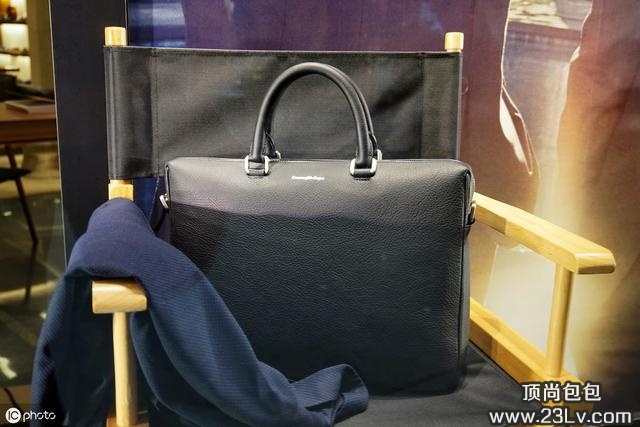
One of the stalls of about 4 square meters is the earliest Fan plopped down with three levels of shelves stocked with about 40 Burberry bags. “The rent here is 20,000 yuan a month, while a better location over there costs 60,000 yuan.” Every day, hundreds of leather bags flow from this 4 square meters store to the country. One of the hottest styles can sale reach 2000 a month.
Fan has also set up a factory in partnership with others specializing in Burberry, which is factory but is actually a workshop of fewer than 10 people. Fan estimates that there are at least a few thousand similar small workshops in Guangdong.
The interweaving of countless of the person like Ning Ning, Fan, and small workshops has created a huge gray industry chain with an annual production value that is difficult to estimate.
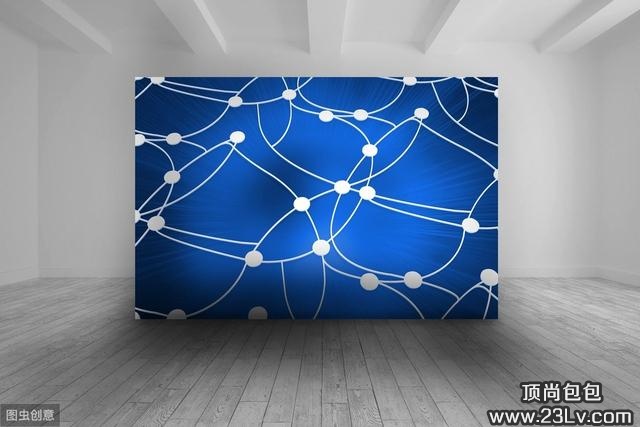
Fake goods VS Genuine goods
As long as there is a new product that sells well, many others are quickly followed.
In recent months, Fan has begun a new round of “strategic adjustments.”
Previously, Fan sold goods of two qualities. One is the real “A goods” – just based on the picture of the genuine product, or a better imitation, whether the leather or details can easily broken out. In this market, most sellers are selling these A-goods at prices ranging from 300 to 1000 yuan. The consumers are mainly those who do not know about luxury goods, or who do not care fake or not.
In contrast, Fan is one of the more sophisticated in this wholesale market – only making styles that have been produced by the brand, while some small workshops often produce colors as well as styles that are not available in branded counters. And, the speed of fashion here is much higher than in the real market. “As soon as a new product comes out that sells well, many other families quickly follow.” Ning cites the example of “BVLGARI (Bulgari), which came out with a new snakehead bag at the beginning of the year, which is not a hit on the market, but here, no less than 50 sell and each of them sells well.”

The other type of goods that Fan sells is the better quality “A” goods. The original fabric, high imitation hardware, and original washing label. “This washing label is testable.” Fan skillfully took out a small flashlight in the drawer, in a similar money machine under the blue light, the wash label appeared anti-counterfeit line, “half the price difference between the two, but more and more people want good goods.”
Ning Ning confirmed Fan’s statement, “a peer work on these goods for about 10 years, 300 yuan of goods sold for 800 yuan at the beginning of the business, can sell a dozen per day, now a few can not sell. Consumers want something that can support counter inspection.”
“Support counter inspection,” has become the common statement in the industry. But in fact, in the wholesale market where the reporter squatted, a number of stores claiming to sell goods that can be in the counter inspection of the shop often have not seen several real products.
From May this year, Fan’s workshop stopped producing A goods of general quality and only made good products. However, luxury companies have a strict production management process; how can the original leather out of the formal OEM? Fan revealed that Burberry, for example, has a factory in China, which is a well-known secret in the industry. In addition to the whole package factory, Burberry’s raw materials also have two manufacturers in China. “We bought through their procurement and can get the raw materials, as well as the wash labels.” The verifiable wash label is Fan’s core competency in this market.
Xiaofan has become Ningning’s supplier because of this security label. Most of Ningning’s suppliers are in Dongguan. In this industry, there is a difference between “Made in Guangzhou” and “Made in Dongguan,” with the latter represents a higher quality and authenticity.
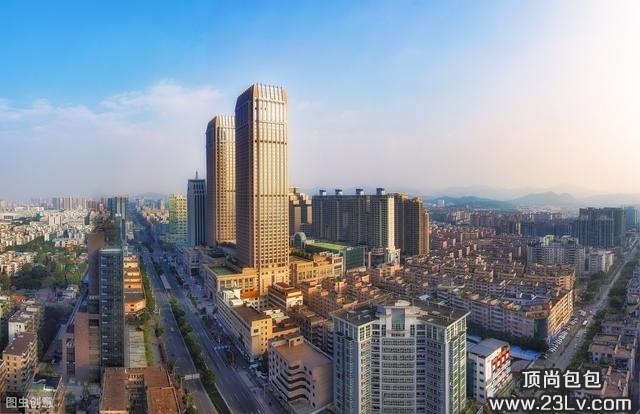
Ning dive to the fake bags business
Ning is a famous foreign company planner; after studying for MBA in Tsinghua, she likes various brands of bags; the total value of the bags at home is about 100,000 yuan. At a junior high school party, she met an old classmate who worked as a quality inspector in the LVMH Group. The old classmate explained to her the situation of luxury goods OEM in China, which shocked Ning.
After that party, Ning had a new idea about luxury goods. When she got home, she went online and looked up all the foundry factories mentioned by her old classmate. “It’s really in China; there’s one called Time Leather, it’s still a listed company, mainly producing Coach and Prada, the latter also holds shares in Time Leather. And Times Leather is just one of them; there are much larger foundries.” It was only after this that Ning became convinced that many of the big luxury brands were actually made in China. “The first-line ones are Bally, Prada, Burberry, and Miu Miu, and the light luxury brands are Coach, Tory Burch, and Michael Kors.”
Soon after, Ning decided to open a small shop in partnership with her quality inspectors, targeting mainly those customers who work in foreign companies and are particularly concerned about being found to take fake goods, so the quality of the goods required more. “I always laugh at myself for opening a fake bag shop, but in fact, what I sell in my shop are real goods or semi-real assembled goods.” The so-called “assembled goods,” the worst is also the original leather, high imitation hardware assembled out of the better can do the original factory leather, original hardware, and lining material.
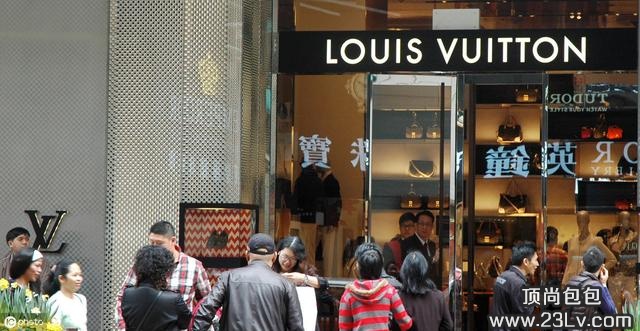
“Hermès, LV, Gucci are produced by their own factory; Chanel, Dior some out processing, but the factory is not in China; CLINE, Loewe in China to produce cut pieces and then shipped back to their home country assembly. Therefore, these brands are unlikely to have the real full goods, half-true goods flow out.” Ning knows well about China’s A goods market, “let me look at the picture; you can probably estimate a price, the error will never be 50 yuan difference.”
Good profit for retailer
Wang was Ning’s first supplier, introduced by Ning’s classmate. He was originally a worker in a luxury brand factory, nearly 40 years old. 3 years ago, he suddenly “enlightened”: “If I stay in the factory like this, this will be the end of my life.” So he resolutely resigned from the factory and used his accumulated connections to become a small wholesaler, selling some high-end A-goods, that is, real and assembled goods. Today, Wang earns more than 500,000 yuan a year, which is a huge increase in income compared to working in a factory.
As a worker, Wang despised “Guangzhou goods,” Dongguan goods and Guangzhou goods are not the same things at all in his opinion. We only dare to do it if we get the drawings from the factory. The purpose of Wang is to imitate the authentic factory to produce, what the factory out, they do according to the raw materials in hand, “so sometimes we will ship earlier than the counter.”
Sometimes Wang also transfers some goods from other factories back to sell; after all, their own products are too single. “We take the goods when the top tells us it’s from the original factory and original sample, but I do not know the truth.”
They have the same confusion, even if the cooperation is a very good relationship with the upper supplier said is the whole real thing. Ning is still not sure. “I always go to the counter to inspect the goods.” In fact, no luxury goods counter provides inspection services, Ning Ning’s so-called “inspection” is only based on their own memories and analysis, to the counter carefully compared. But there is still uncertainty; for example, China is not available for the European models or outlet models, there is no way to check.
Consumers will feel that they have taken advantage of it If they can buy a genuine product with less than 30% off the price of the real one. Therefore, whether sellers or buyers, everyone in the chain prefers to believe the myths about the real thing when they flow.
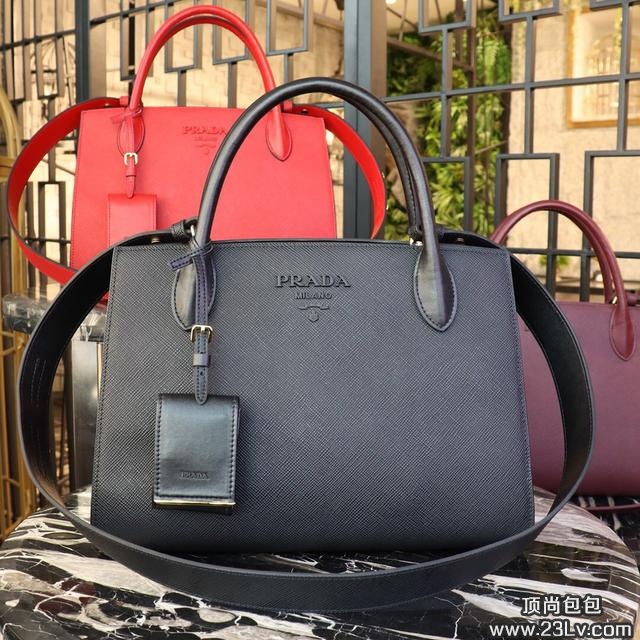
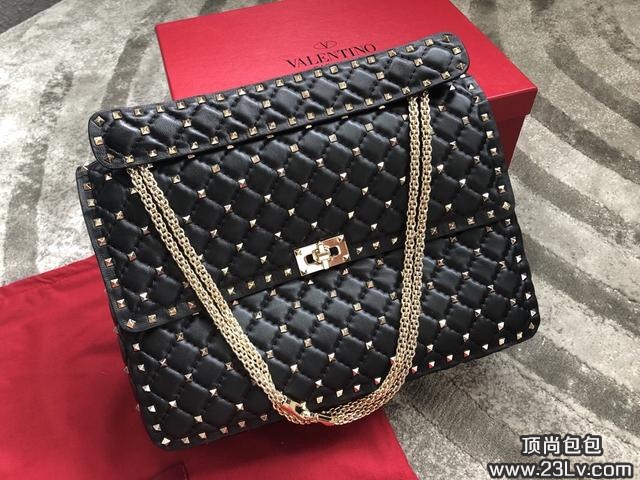
The borders of vanity economy
This kind of business relies on the immaturity of consumers. Today, more young people are willing to buy light luxury brands.
Luxury brands are spending a lot of money to provide service to consumers with a higher cost that overrides the product.
In 2012, Prada Group’s total revenue was €329.7 million, with a gross margin of 72% and a final pre-tax profit margin of only 26.8%. In other words, 150 million euros of which was spent on the construction of dizzying maze-like stores, the release of beautiful advertising, and let the bag on the wrists of celebrities.
All this goodness reached not only those who were willing to spend more than ten thousand dollars on a bag, but also to the heart of consumers who do not have the financial strength, or who do not want to spend a high price to buy handbags but want to own it. So, the demand for A goods emerged, and the industry began to flourish.
Even A-goods manufacturers who have been in China for over a decade, are beginning to offer a better service for their bill payers. In addition to the bag itself, a full set of matching dust bags, identity cards, and Hong Kong invoices will all come with it. “The real all-authentic goods only have bare bags, the reason is simple after the complete package is all finished, the factory inventory is very strict, how can we take out.” Ning believes that “people who buy A goods to get these simply does not make sense, can no warranty. But these full sets of props, or will give the purchasers some psychological comfort.”
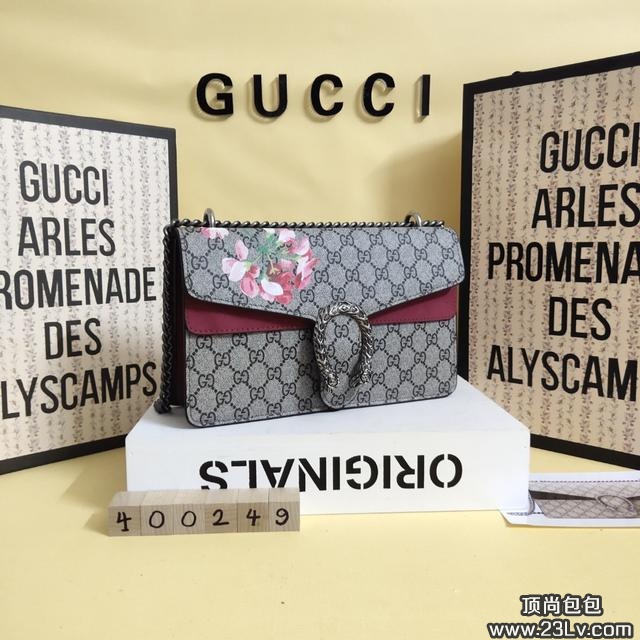
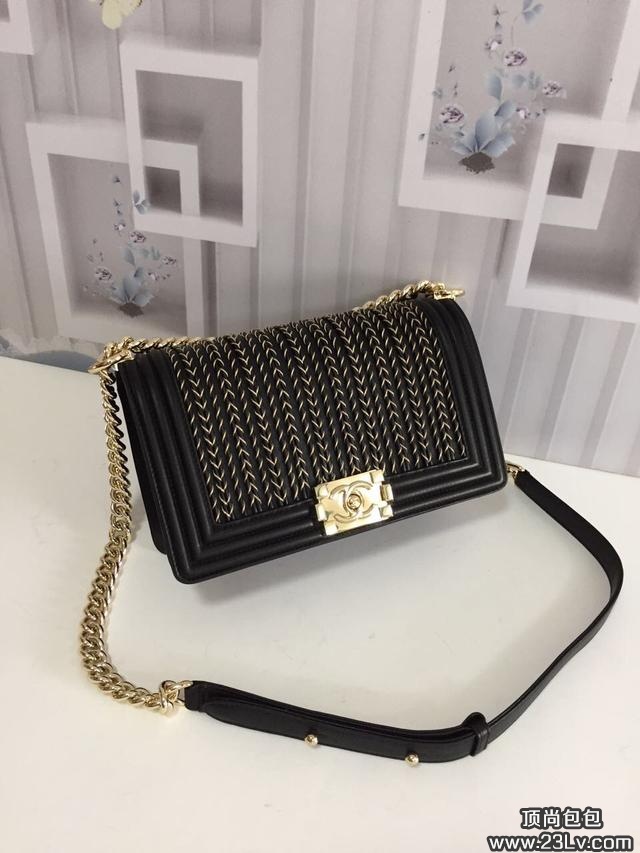
However, how long can this vanity economy boom last?
First of all, companies in the high-imitation industry cannot see the light and never do much. Nowadays, the regulation is getting stricter and stricter, and Xiaofan has to accept the inspection from the market every Monday, although it is a routine, also to take down the goods with obvious trademarks. In the wholesale market where Fan is based, all the bags placed on the facade are diluted trademark; for example, hardware are gouged off. In addition, one of the main channels of such goods, Taobao, also began to monitor that sellers who do a good job will be a brand name of a letter fade, such as Prada will be marked as Pr*dad.
Secondly, doing this kind of business actually relies on the immaturity of the consumer market. In the past, the only choices for consumers were domestic brands under $1,000 and luxury brands over $10,000. Today, there are more and more light luxury brands between these two, as well as designer brands, Coach, Tory Burch, Michael Kors are among them. More young people are willing to buy them.
Furthermore, this market itself has the phenomenon of bad money driving out good money. On the one hand, consumers want better quality bags, but on the other hand, the sellers who can supply high-quality bags are not making good profits. Because consumers are not familiar with these goods, 600 yuan and 800 yuan bags can be sold at the same price, the business of good products is not good.
Big margin heating up chaotic industry
Ning said, for example, to the medium size of the “Prada killer bag”, the domestic price of 14,800 yuan. All real goods, mainly stolen rat goods, the minimum purchase price of more than 5,000 yuan, “you say I how to sell, a markup to 7,000 yuan, the profit margin of only 40%, but who wants to spend 7,000 yuan to buy a package of unknown origin?”
In contrast, the assembly of products more cost-effective, only the hardware is not right. Prada genuine hardware plated 24K gold, fake one hardware is also gold-plated, only the purity is not as high. “The purchase price of a Prada as long as 2,000 yuan, sold to 3,000 yuan will have 60% of the profit. But in ‘Guangzhou goods’, a top killer medium-sized bag with the purchase price of only 900 yuan, can be sold to 1800 yuan, the profit of more than 100%.”
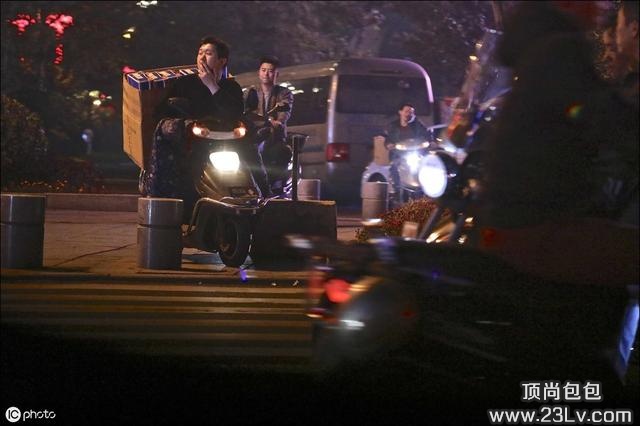
At night, the wholesale leather goods market in Sanyuanli, Guangzhou, entered a busy period. The owners are only interested in transporting the goods from the warehouse to the stall in the shortest duration and then quickly into the next cycle as soon as possible. When will there be an inflection point in this prosperous and chaotic industry?

